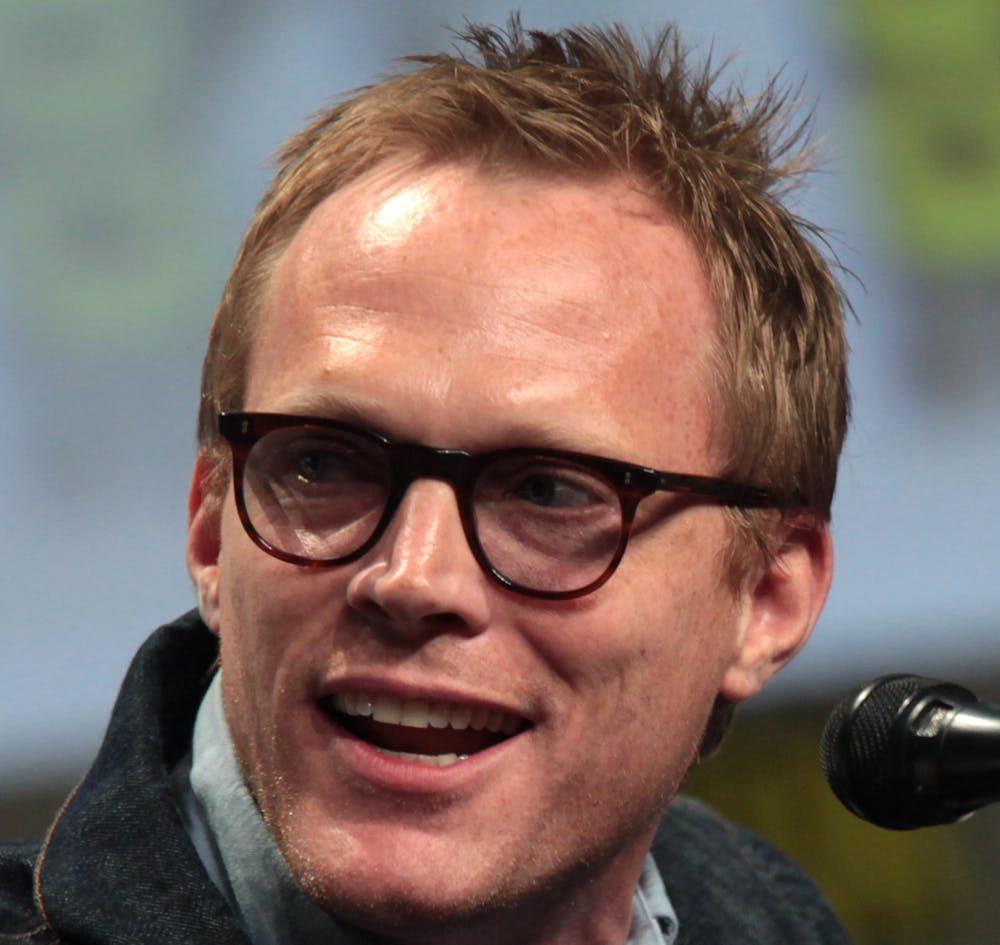Following the incredible commercial success of Avengers: Endgame, I, like many others, wondered how Marvel would ever surpass the film’s and its predecessors’ sheer scope and magnitude. Was it something that they would even be able to pull off? Was it even worth attempting to do so? WandaVision is a curious answer to these questions.
Trading in the three-hour movies and 30-minute CGI battles for a quaint sitcom, the Disney+ exclusive WandaVision does not attempt to simulate any of the Marvel titles that came before it. The first few episodes are remarkably clever and funny, and there’s not a single moment of intense combat or anything else one might expect from a Marvel production. However, that does change gradually as the season progresses, and the finale is a return to exactly what you’d expect from a Marvel intellectual property.
The show begins in this sitcom fashion, placing these two remarkable superheroes, Wanda (Elizabeth Olsen) and Vision (Paul Bettany), in a small New Jersey town. Paying homage to sitcoms of times past, each episode (for the most part) simulates popular sitcoms of the past several decades, from The Brady Bunch to Malcolm in the Middle. Of course, with this being a part of the Marvel Cinematic Universe (MCU), the idyllic sitcom medium does not last long, eventually culminating in some classic Marvel action. It lasts for most of the season, though, with the majority of the show based on iconic comedies. Only in the last couple of episodes does the tone shift.
In this way, I was at first astounded by the show’s ingenuity. It was nothing like I had seen before and certainly nothing I would have ever thought that Marvel would be bold enough to pursue. It is fascinating to see a franchise, which has devoted so much of its attention to action sequences and villainy, really explore and explain what it is doing with each character and their respective arc. The acting in WandaVision’s first few episodes rival that of the performances in any MCU film.
What I liked most of all from the show’s first few episodes was that the show seemed to know exactly what it was, be it pastiche or parody. The show does not take itself too seriously, as many other entries in the MCU do, nor is it absolutely tonally distinct from the MCU as a whole. It is clear that the creators of WandaVision recognized its own absurdity and ran with it, and the show is so much the better for this, even if it does abandon that self-awareness a bit as it reaches its conclusion.
In that vein, WandaVision does struggle sometimes under its own weight. The clever motifs and devices are inevitably traded once more for cheap thrills from Marvel’s usual bag of tricks. The finale is filled with flashing lights and the standard Marvel dose of CGI; the witty dialogue of the first few episodes gives way to hackneyed ruminations on the nature of grief and love.
One such perplexing moment of the series was in its finale as the titular Vision has a standoff with whom the characters dub “Fision” (fake Vision). In the climax of their showdown, the show slows as the two androids come face to face, favoring dialogue and metaphysical metaphors over hand-to-hand combat and lasers. In this instance, for example, I remember hearing the words “ship of Theseus” and the ensuing exposition and grimacing.
While these things bothered me at first, I thought about what I was watching — it’s a superhero show. Marvel is not known for its subtlety, nor should it be. As I watched, I could not help but remember director Martin Scorsese’s criticisms of the MCU: the films’ lack of complex emotional and psychological experiences. WandaVision is a defiant answer to this criticism. These productions can be emotional and still possess the same trademark characteristics of Marvel movies that have made the MCU so successful.
For example, one of the most compelling aspects of this show was Wanda’s journey with grief and the ways that she learns to cope with her losses. WandaVision is so much more of an emotional journey through grief than it is about pure action, and it ought to be lauded for so successfully pursuing something darker and more real than its predecessors have.
Even though the show can be somewhat heavy-handed with respect to dialogue and some of its more emotional moments, WandaVision is overall incredibly successful in its storytelling and its introduction to the next era of the MCU. In focusing on the relationships between these characters, with plot and action as secondary focuses, the characters are able to feel so much more personable, as extraordinary as they might be.
With emotional journeys and choreographed fight scenes alike, WandaVision demonstrates everything a superhero production can be. I applaud Marvel for being willing to experiment and take a break from its tried-and-true formula. Hopefully WandaVision is an indication of what to expect from Marvel’s future productions, continuing on Disney+ with The Falcon and the Winter Soldier on March 19. WandaVision is truly an excellent addition to the MCU and showcases all that the franchise ought to be.





